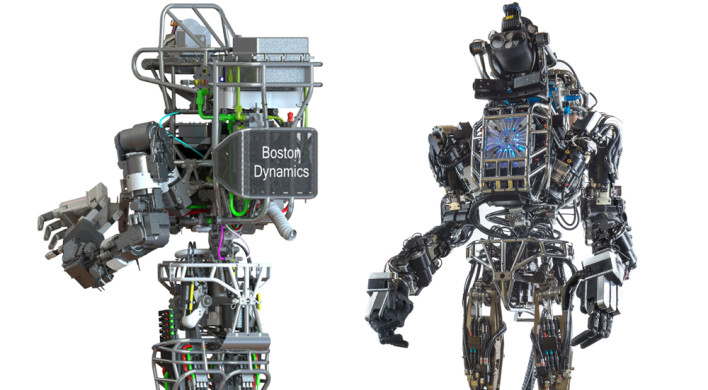Commonwealth scholarship plan, New Zealand Award - 2014
Last Date: 31st July, 2014 for receiving application in the Ministry.
Applications on plain paper, as per prescribed format, are invited from
Indian Nationals residing in India for the above-mentioned Commonwealth
Scholarship for higher studies, research leading to Ph.D /Masters level
Study in New Zealand.
NUMBER OF NOMINATIONS TO BE SENT: Two
Ph.D : 1(one)
MASTERS : 1(one)
SUBJECT FIELDS:
1. Environmental Studies;
2. Agriculture and Fisheries
MINIMUM QUALIFICATIONS REQUIRED FOR
Should have completed Bachelor’s Degree/ Master’s Degree in the subject
or allied fields with minimum 65% marks. Where percentage of marks is
not available and grades are mentioned, the candidates must indicate the
conversion formula adopted by the University/Institution and should
also indicate equivalent percentage of marks.
AGE : The candidate should not be more than 40 years of age as on 31.07.2014.
VALUE OF SCHOLARSHIPS
(a)
Travel: International, and New Zealand domestic, air travel
at the start and end of the scholarship for awardee, and reimbursement
of awardee’s visa costs. In addition, a reunion travel entitlement may
be available to awardees who have left dependants in their home country.
(b)
Tuition Fees and other compulsory institutional course costs.
(c)
Postgraduate research and thesis allowance: An allowance of
NZ$1,500, and a return economy airfare to awardee’s home country for
overseas fieldwork, if research component is 50% or greater.
(d)
Medical and Travel Insurance
(e)
Establishment allowance: NZ$3,000 paid on arrival in New
Zealand to meet text book costs and to assist with other set up costs in
New Zealand. At the beginning of each additional study year NZ$1,000
will be paid to cover the full year.
(f)
Living Allowance: The annual rate of NZ$21,580 (NZ$415 per
week) is paid fortnightly and is a contribution to living costs for
day-to-day expenses, including accommodation (rent or board), food
costs, utility expenses (telephone, electricity etc.), transport,
personal items and course-related costs (e.g. stationery, field trips,
workshops etc.)
- No funding is available for dependants. Students who
choose to have their immediate family members join them in New Zealand
will be responsible for their financial support.
- The New Zealand Government has the right to amend the terms and conditions of the scholarships as needed.
General Eligibility Criteria:
Applicants for the scheme must satisfy the following general eligibility
criteria andy any predetermined, country or regional-specific selection
criteria set by NZAID and the nominating authorities. At a minimum, to
be eligible to apply for a scholarship, applicants must:
(i) have citizenship of India;
(ii) be residing in their home country for at least two years prior to application;
(iii) not have citizenship or permanent residence status of New Zealand
or Australia, or another developed country, except where their country
does not issue passports and they hold a New Zealand passport;
(iv) not be married or engaged to be married to a person who holds, or
who is eligible to hold, citizenship or permanent residence status of
New Zealand, Australia or another developed country, except where their
country does not issue passports and they hold a New Zealand passport
(v) be applying to commence a new qualification and not be seeking
funding for one already commenced at the PhD or Masters level;
(vi) have been working in their country, preferably for at least two years prior to application;
(vii) be available to commence their academic studies in New Zealand by
the start of the New Zealand academic year in February 2015;
(viii) have already secured admission to their preferred New Zealand
university; evidence of admission (eg. A letter of offer) is required
with the application form; a conditional letter of offer from a New
Zealand university is sufficient to allow an application to be accepted;
(To be produced at the time of interview)
(ix) have a planned programme start date (in the letter of offer) at the start of the New Zealand academic year 2015.
Important Note:
Information on the New Zealand Commonwealth Scholarship scheme,
including the list of participating New Zealand education institutions,
is available on the scholarships pages of the New Zealand, Ministry of
Foreign Affairs and the New Zealand Aid Programme website:
www.aid.govt.nz/schols

